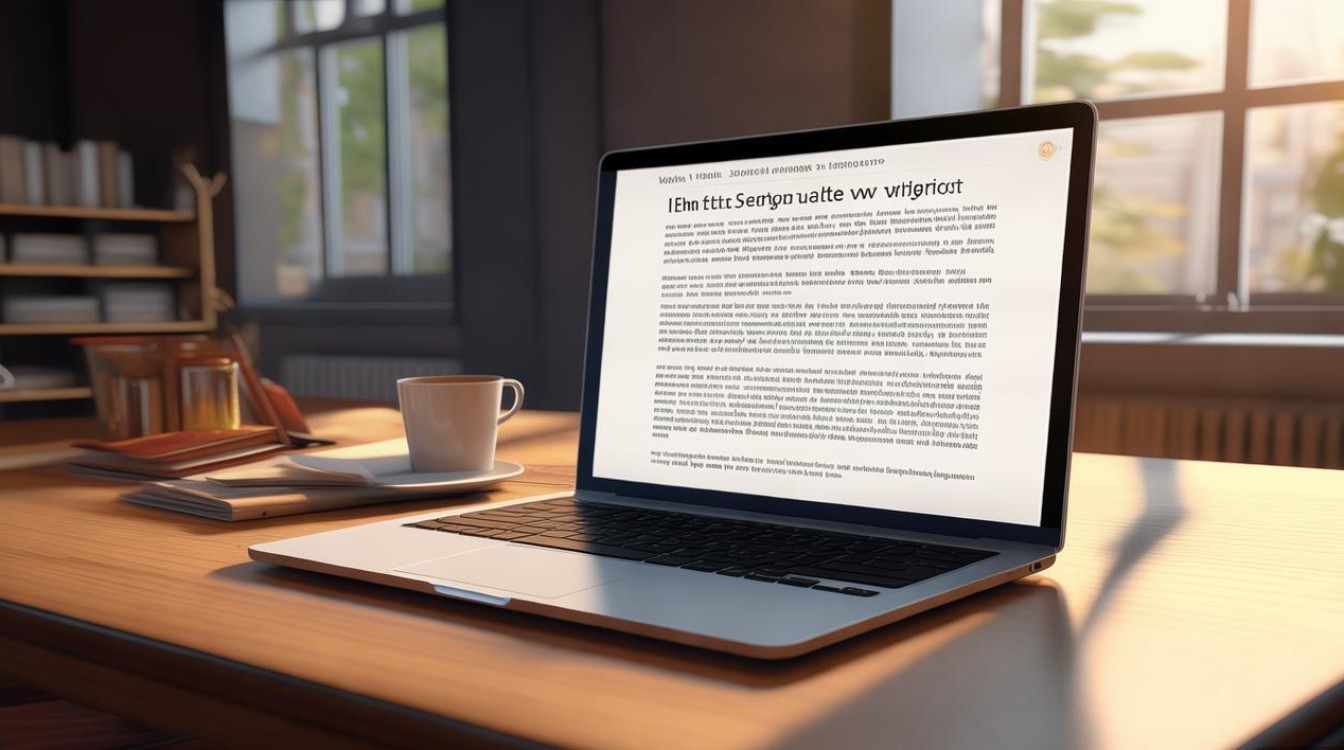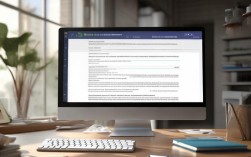在雅思大作文写作中,人称的使用是一个不可忽视的细节,它不仅影响文章的正式度和客观性,还直接关系到论证的逻辑性和说服力,许多考生对“何时用第一人称”“何时避免使用第一人称”等问题存在困惑,甚至因人称使用不当而导致失分,本文将系统梳理雅思大作文人称使用的核心原则、常见误区及实用技巧,帮助考生更规范地运用人称,提升写作质量。

雅思大作文人称使用的核心原则
雅思大作文属于学术性议论文,其核心要求是客观、理性、严谨,人称的使用需围绕“客观论证”展开,具体可遵循以下三大原则:
优先使用第三人称,保持客观中立
学术写作强调“以事实和逻辑服人”,而非个人观点的直接输出,第三人称(如“people”“one”“experts”“researchers”等)应是雅思大作文的主力。
- Many people argue that technology has improved the quality of life.
- Experts suggest that regular exercise can reduce the risk of chronic diseases.
通过第三人称,作者将个人观点转化为“普遍认知”或“专家共识”,增强论证的客观性和可信度。
慎用第一人称,避免主观臆断
第一人称(如“I”“we”)的使用需严格控制,仅在特定场景下谨慎使用,避免过度依赖个人视角。
- 在提出个人观点时(若题目要求“give your own opinion”):
From my perspective, governments should play a leading role in environmental protection. - 在分享个人经历或例证时(需确保与主题高度相关,且不过于琐碎):
In my experience, learning a new language requires consistent practice rather than cramming.
但需注意,即使是第一人称,也应避免使用过于口语化的表达(如“I think”“I feel”),可替换为更正式的“I believe”“I argue”等。
避免第二人称,防止读者代入感过强
第二人称(如“you”)在学术写作中通常被视为“不正式”,因为它会直接将读者拉入论证场景,削弱客观性。
- ❌ If you want to succeed in life, you must work hard.(主观性过强,像说教)
- ✅ Hard work is often considered a key factor in achieving success.(客观陈述)
不同题型下人称的灵活运用
雅思大作文题型多样(如同意与否、讨论双方观点、利弊分析、报告类等),人称的使用需结合题型特点调整:
同意与否(Agree or Disagree) 明确要求“give your opinion”,可在引言和结尾用第一人称明确立场,但主体段仍以第三人称论证为主。
例:I agree that artificial intelligence will bring more benefits than drawbacks. This essay will argue that AI enhances productivity while its risks can be managed through regulation.
讨论双方观点(Discuss Both Views)
- 此题型需客观呈现双方观点,全程以第三人称为主,避免掺杂个人立场。
例:Some people believe that university education should be free, while others argue that students should contribute to tuition fees. Proponents of free education emphasize its role in promoting equality, whereas opponents claim that it may lead to a waste of resources.
利弊分析(Advantages and Disadvantages)
- 完全以第三人称陈述利弊,保持中立。
例:The rise of social media has brought both positive and negative impacts. On the one hand, it facilitates communication; on the other hand, it may lead to addiction and privacy issues.
报告类(Problem and Solution)
- 分析问题和提出解决方案时,以第三人称为主,仅在建议部分可适当使用“we”体现“共同责任”。
例:To address traffic congestion, governments should invest in public transport, and we should also raise public awareness of carpooling.
人称使用常见误区及规避方法
| 误区类型 | 典型案例 | 规避方法 |
|---|---|---|
| 过度使用第一人称 | I think that technology is good for us. I also believe that we should use it carefully. | 用第三人称替换:Many people argue that technology benefits society, while others emphasize the need for cautious use. |
| 混乱切换人称 | One advantage of online learning is that you can study at your own pace. It helps students manage time effectively. | 统一使用第三人称:One advantage of online learning is that learners can study at their own pace, which helps them manage time effectively. |
| 使用口语化第二人称 | If you want to lose weight, you should go on a diet. | 改为客观陈述:Weight loss can be achieved through a balanced diet. |
人称使用实用技巧
- “We”的有限使用:在涉及“社会共同责任”时(如环保、教育),可用“we”增强共鸣,但需避免滥用。
- “One”的替代作用:表达普遍观点时,可用“one”代替“you”,提升正式度(如One should respect cultural differences)。
- 被动语态辅助:若需强调动作而非执行者,可用被动语态规避人称(如Measures should be taken to... 代替 We should take measures...)。
FAQs
Q1:雅思大作文中是否完全不能使用第一人称?
A1:并非绝对,若题目明确要求“give your own opinion”(如“To what extent do you agree?”),可在引言和结尾用第一人称明确立场,但主体段仍需以第三人称论证为主,确保论证的客观性和说服力,避免全文频繁使用“I”,否则会使文章显得主观、缺乏深度。
Q2:如何判断何时该用“we”,何时该用“people”或“one”?
A2:“we”通常用于涉及“集体责任”的语境,如呼吁社会共同行动(We should take immediate action to combat climate change);“people”或“one”则用于泛指大众或普遍情况,如Many people prefer online shopping 或 One must obey local laws,需根据语境选择:“we”侧重“共同参与”,而“people/one”侧重“客观描述”。











